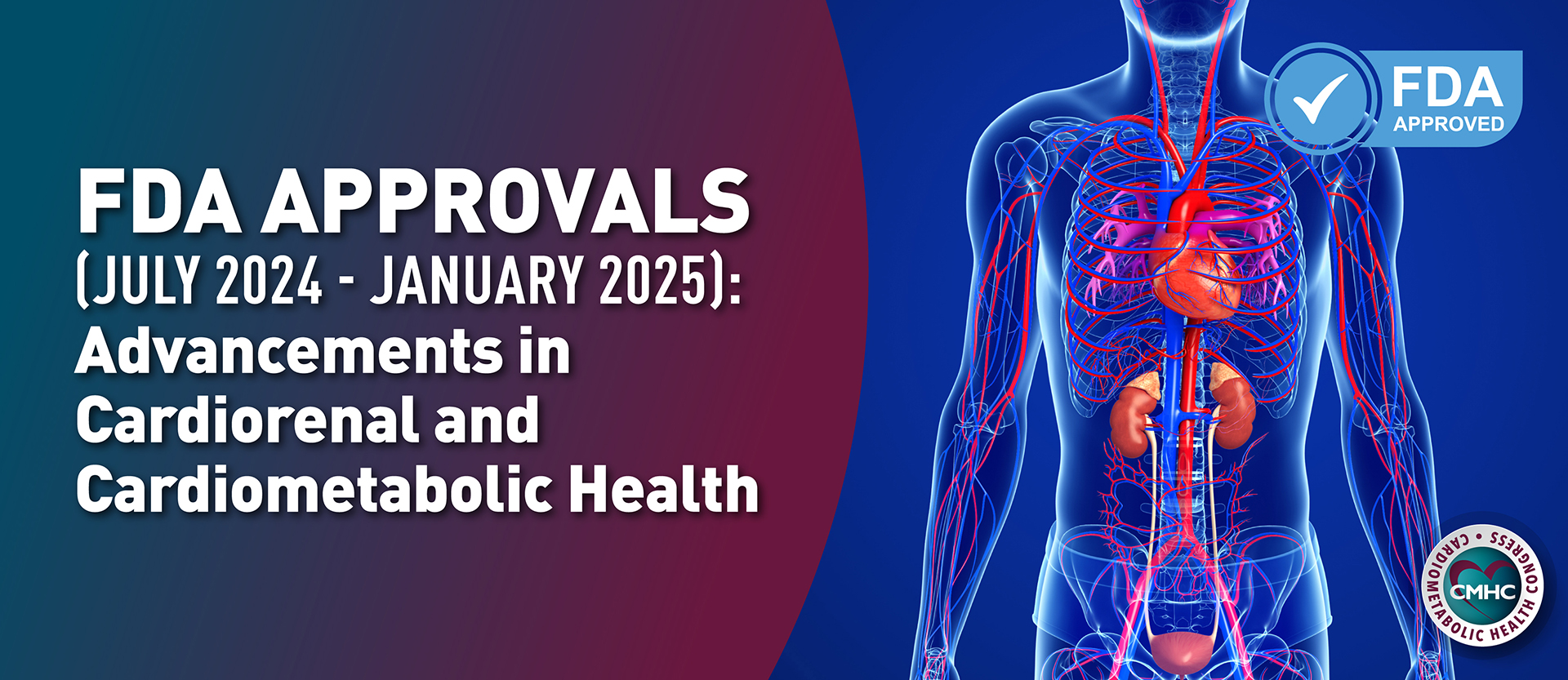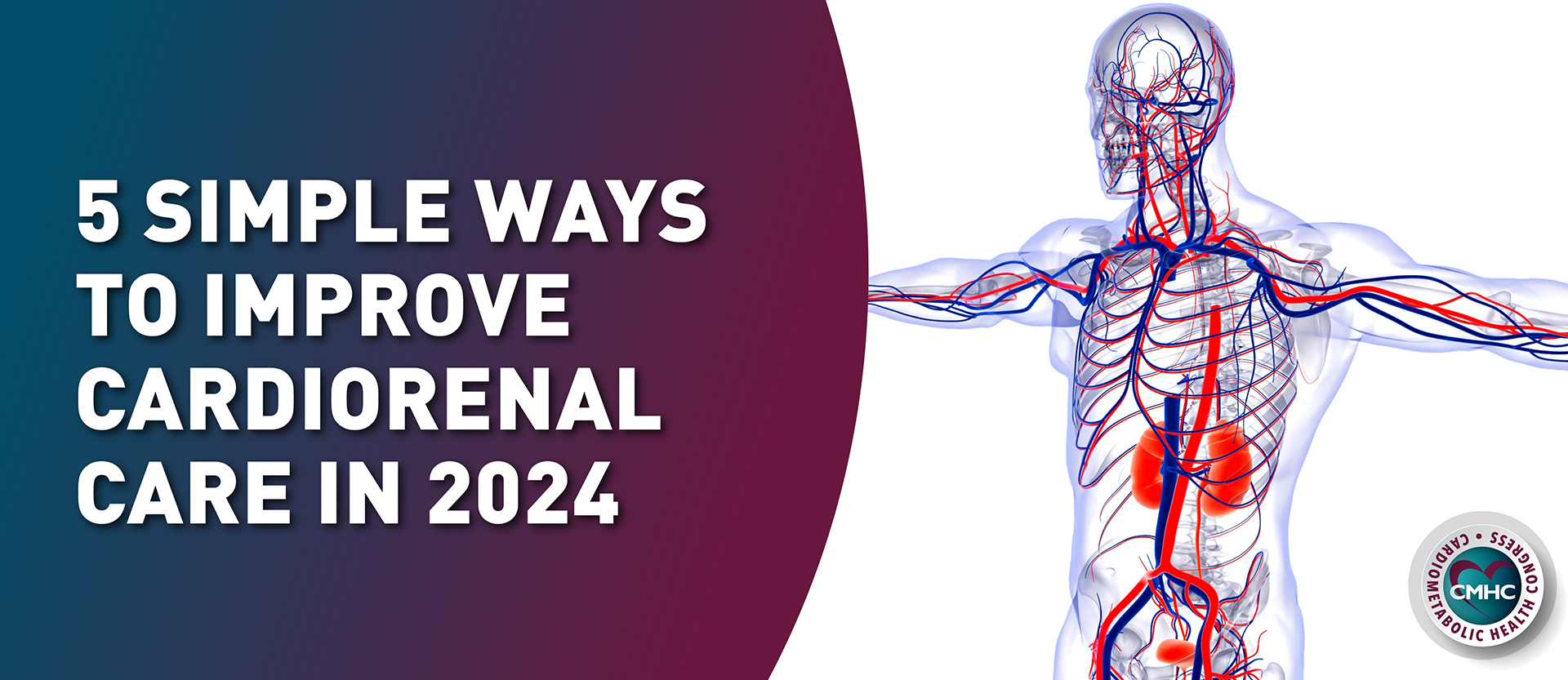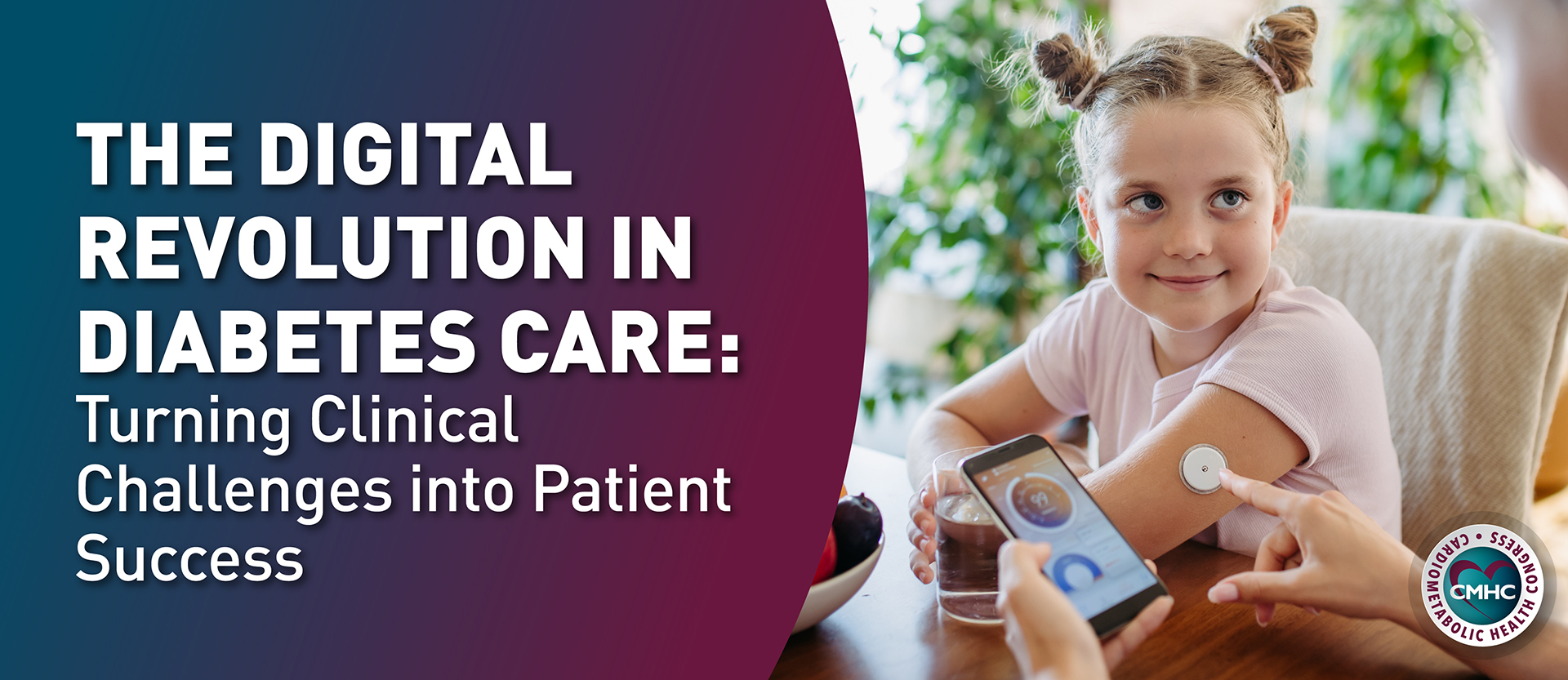The EAS 2024 Congress (May 26-29, 2024) has concluded, providing critical insights into atherosclerosis and related vascular disease. Here are some notable highlights:
- Prof. Giovanna Liuzzo (Italy) revealed that advancements in noninvasive imaging recently allow for direct visualization of coronary atherosclerotic plaques. This has major potential to refine risk stratification and enhance patient management.
- Dr. Pradeep Natarajan (United States of America) suggested that polygenic risk scores could play a larger role in identifying individuals at risk for cardiovascular disease (CVD).
- Prof. Erik S. Stroes (Netherlands) presented on the integration of “Omics” for individualized treatment. He emphasized the importance of optimizing cardiovascular risk assessment using multi-omics and highlighted the value of genome-wide polygenic scores for coronary artery disease (CAD) risk prediction.
- Prof. Samia Mora (United States of America) discussed the changing epidemiology of cardiovascular disease (CVD), emphasizing that atherosclerotic cardiovascular disease (ASCVD) remains the leading cause of death. She highlighted the need for new approaches to improve population health, including more precise phenotyping to better define risk pathways.
- In this late-breaking session, Dr. Jorge Plutzky (United States of America) presented the SELECT study, demonstrating semaglutide’s cardiovascular benefits in overweight/obese patients with CVD but without T2D. Higher baseline hsCRP levels correlated with increased risks of MI, CVD death, and all-cause death. Semaglutide effectively reduced hsCRP levels across all baseline hsCRP groups, highlighting its potential for cardiovascular risk management independent of weight loss.
- Dr. Jeanine E. Roeters van Lennep (Netherlands) highlighted that ASCVD risk factors are under-studied, under-recognized, under-diagnosed, and under-treated in women who are also under-represented in clinical trials. She emphasized the importance of addressing early menopause, polycystic ovarian syndrome, and pregnancy complications, such as hypertensive disorders and gestational diabetes, which significantly increase the risk of renal failure, type 2 diabetes, and cardiovascular disease.
In these parallel late-breaking sessions:
- AstraZeneca’s oral PCSK9 inhibitor, AZD0780, demonstrated a 38% reduction in LDL-C as monotherapy and a 52% reduction when added to Rosuvastatin 20mg, with minimal food interaction noted. Read the press release here .
- The ARCHES-2 phase 2b trial of Zodasiran, a short interfering RNA targeting ANGPTL3, showed significant and dose-dependent reductions in triglyceride levels. Read the full trial results here.
- Dr. Christie M. Ballantyne (United States of America), from Baylor College of Medicine and Principal Investigator for the MUIR study, presented the final results of the Phase 2b double-blind, randomized study of plozasiran (ARO-APOC3) in patients with mixed dyslipidemia. The study demonstrated that plozasiran (ARO-APOC3) decreases ApoC3 and triglycerides (TG) in these patients. Read the full release here.
- Dr. John W. McEvoy (Ireland) emphasizes the importance of primordial prevention and lifestyle interventions from an early age, cautioning against over-reliance on weight loss treatments for children due to limited evidence and significant moral hazard considerations.
- In the closing debate on “Coronary Artery Calcification is Primary Prevention,” Dr. Raul Santos (Brazil) argued that LDL causes multifactorial atherosclerosis, advocating for coronary artery calcium (CAC) to guide intensive LDL-lowering therapy and considering zero CAC as true primary prevention. In contrast, Dr. Michael D. Shapiro (United States of America) focused on preventing atherosclerosis over myocardial infarction, suggesting that CAC’s late-stage detection does not fit classic definitions of primary prevention. Ultimately, there is an overlap between high-risk primary prevention for cardiovascular disease (CVD) and secondary prevention.
For further updates, the 19th Annual Cardiometabolic Health Congress (CMHC) will feature late-breaking trial data and industry updates from top experts, including Dr. Christie M. Ballantyne and Dr. Michael D. Shapiro, this October 17-19, 2024, in Boston, MA. Learn more here!


















